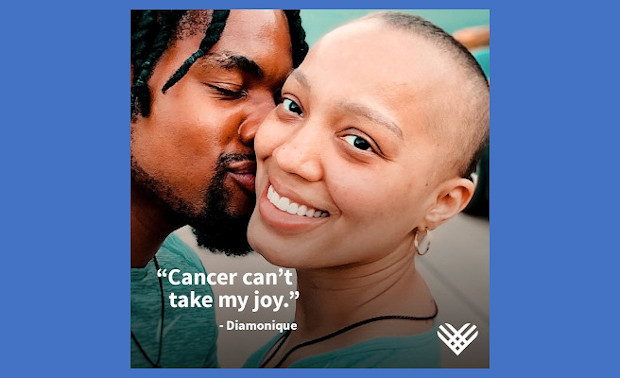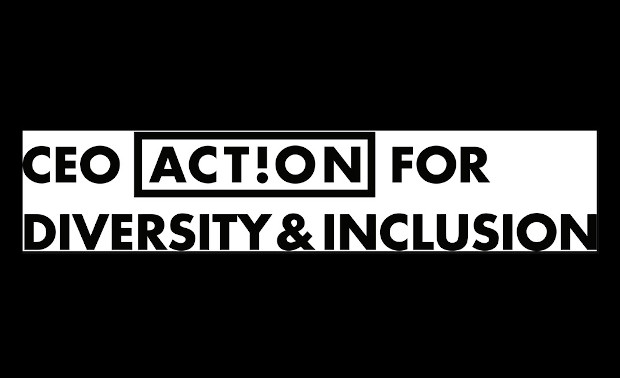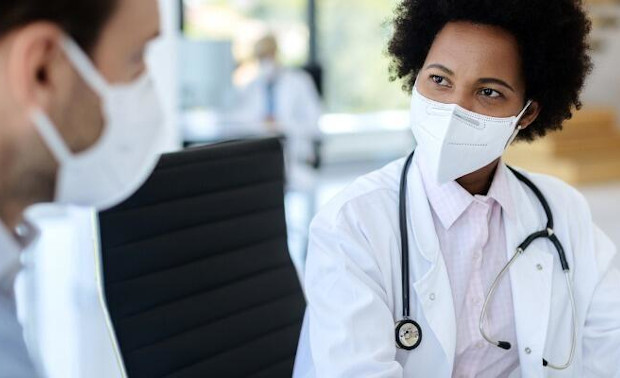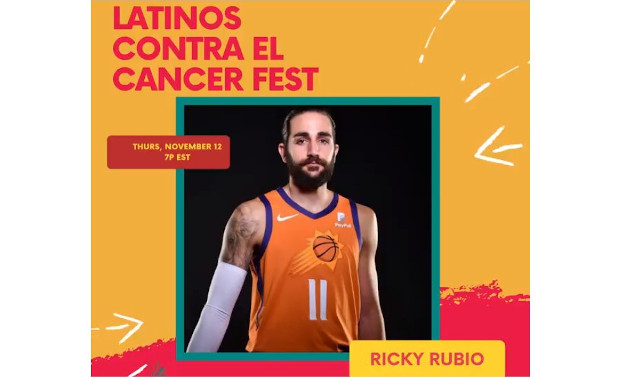The American Cancer Society has published the first population-based study on lung cancer screening rates for all 50 states, and finds that the rates were not aligned with lung cancer burden. The report appears in JNCI: The Journal of the National Cancer Institute.
Lung cancer continues to be the leading cause of cancer-related death in the U.S., with an estimated 135,720 deaths expected in 2020.
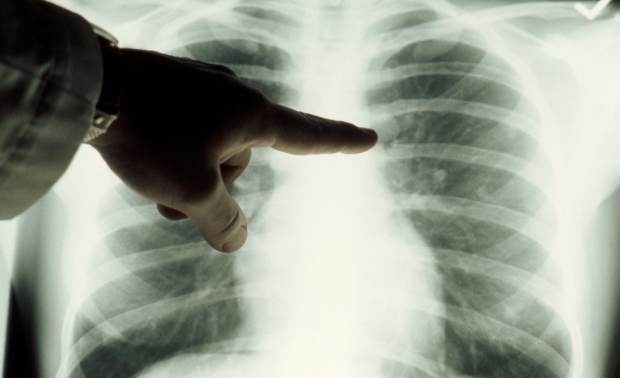
Lung cancer screening with low-dose CT (LDCT) has the potential to reduce cancer death and has been recommended for people with a heavy smoking history since 2013. However, previous studies show it is underutilized.
For this study, investigators led by Stacey Fedewa, PhD, MPH, and co-authored by members of the National Lung Cancer Roundtable, examined lung cancer screening with LDCT rates and growth in all 50 states, including Washington D.C., from 2016 to 2018. They also looked at how states’ lung cancer screening rates correlated with lung cancer burden, sociodemographic status, and access to lung cancer screening.
“The increasing but low utilization of lung cancer screening reflects both ongoing efforts to screening eligible adults, and the many challenges to do so,” said Stacey. “Kentucky, which has supported screening implementation efforts, is unique as its screening rates are over twice the national average and four times that of other high lung cancer burden states like West Virginia and Arkansas.”
Results show that several Northeastern states with lower lung cancer burden (e.g. Massachusetts, Vermont, New Hampshire with <44 lung cancer deaths per 100,000) had the highest screening rates (12.8%-15.2%), and several Southern states with a high lung cancer burden (e.g. Mississippi, West Virginia, Arkansas with >50 lung cancer deaths per 100,000) had lower screening rates (<4%) among eligible adults. A notable exception was Kentucky, which simultaneously holds the nation’s highest lung cancer death rate and one of the highest lung cancer screening rates (13.7%).
The authors say their finding shows that while overall lung cancer screening rates increased nationally between 2016-2018, the rate was still low in 2018, with only 5-6% eligible adults in the U.S. receiving lung cancer low-dose CT (LDCT). Relative to the national average, screening rate ratios were lower in 8 states, mostly in the West or South and 50% higher in 13 states, mostly in the Northeast or Midwest with Kentucky as the outlier.
The study also found that compared to the national average, lung cancer screening rates were about 20% lower in states with a high proportion of uninsured adults who smoked and 40% lower in states with a relatively low number of lung cancer screening facilities; suggesting that there may be critical gaps in access to lung cancer screening. According to sociodemographic factors, screening rates were positively correlated with the proportion of smokers who were female and negatively correlated with smokers who were Hispanic. Results showed that states with adults who smoked and are Hispanic had a significantly lower screening rate ratio than the national average.
“Deliberate effort from various stakeholders such as policy makers, cancer control, health systems, and providers are needed to boost lung cancer screening rates among eligible adults with a heavy smoking history, a group facing multiple barriers to lung cancer screening and cancer care,” said the authors. “If states know what their lung cancer screening rates are, they can set a goal and track progress toward it.”
*Shared from MySocetySource.

































